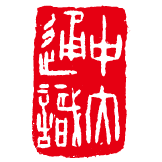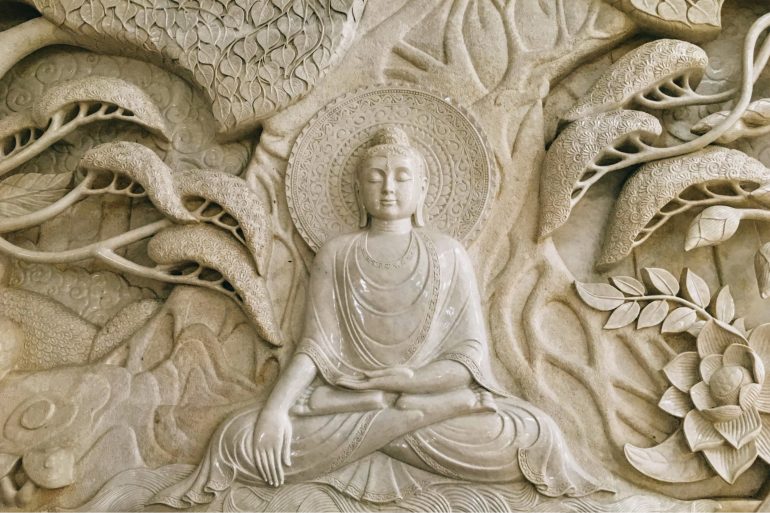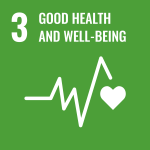GESC1240 Buddhism As Lived: Mind, Body and Contemporary Issues
Time
Lecture: Dr TONG Sau Lin
Tutorial: Fridays 02:30 p.m. — 05:15p.m.
Course Description
Many of us have been brought up thinking that Buddhism, like many religions, is a body of doctrines and beliefs laid down by religious authorities. Such an understanding, however, would render it lifeless and irrelevant to the everyday life of the believers. In fact, the lived experiences of the believers also contribute to the particularities of Buddhist traditions established worldwide.
This course aims at exploring the traditional and contemporary ways by which Buddhist teachings are expressed and experienced in the lives of the believers, in groups and individually. There are three major components to this course. First, we shall discuss the body-mind relation, and the nurturing of mental and physical health with topics such as dietary practices, meditation, mindfulness, counselling, and Buddhist psychology. We shall also contemplate on the cultural manifestations of Buddhism in literature, popular culture, language, photography, film, folk custom, etc. Finally, we shall consider the light that Buddhism may shed on topics of contemporary life such as love, death, transgender issues.
No prior knowledge of Buddhism is necessary.
SDG-GE #3 Good Health and Well-being: This course aims at relating students’ personal growth and everyday life to Buddhist teachings so as to help them cultivate a constructive outlook on self-identity, and understand the Buddhist ways in promoting healthy lives and well-being.
Learning Outcome
Knowledge outcomes
- To become familiar with some of the basic concepts and themes of Buddhism;
- To understand Buddhist attitude to and connections with modern society in various historical settings and contemporary contexts;
- To engage in a critical analysis of how Buddhism has accommodated itself with the modernization movements, and been reinvented to make it meaningful and useful to people nowadays;
- To examine in what ways Buddhism transforms traditional and modern society and culture, and vice versa.
Attitude outcomes
- To develop a critical and sympathetic attitude in understanding religious phenomena
- To develop a sensitivity to religious dimension of human life;
- To relate students’ personal growth and everyday life to Buddhist teachings so as to cultivate a constructive outlook on self understanding and interpersonal relationship.
- To enhance students’ understanding of Buddhist ways in promoting healthy lives and well-being for all at all ages.
Skill Outcomes
- Students will be able to develop their key research skills including textual and fieldwork studies and to prepare for advanced studies in religion;
- Students will be able to develop their presentation skills and ability to work collaboratively in a team.




